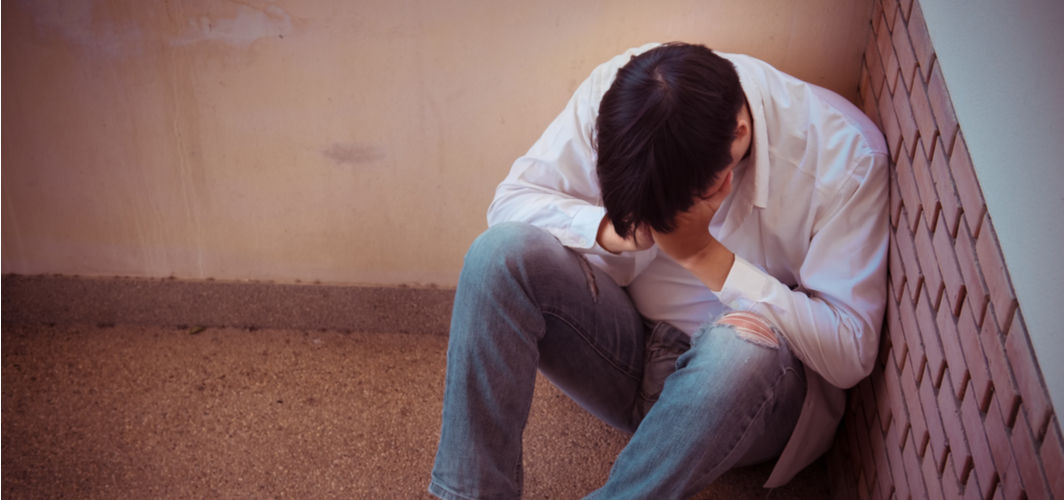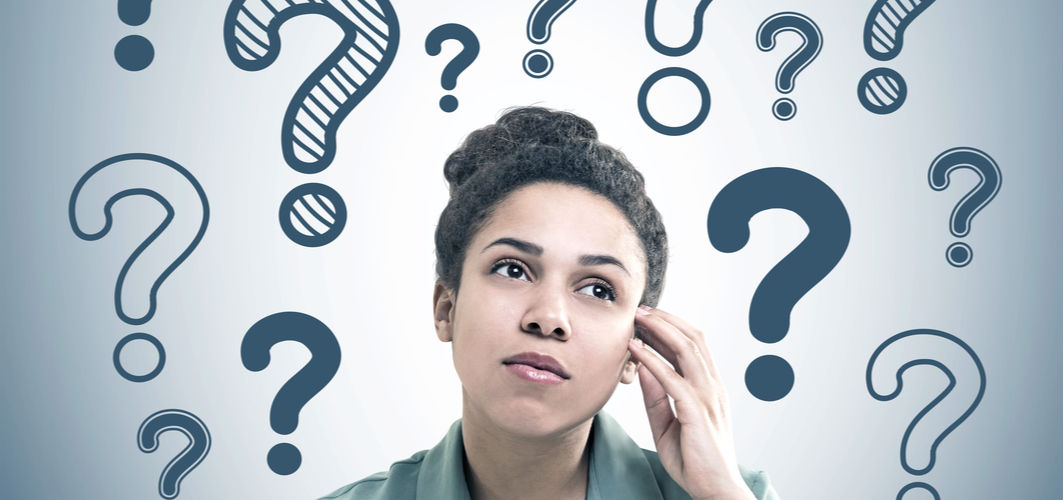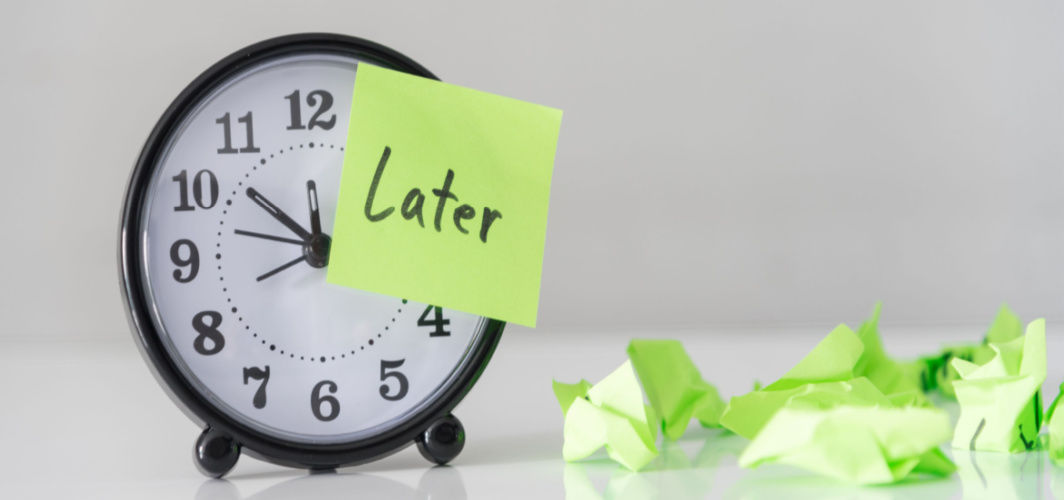Mental Health
Anxiety Disorders: Types, Causes, Signs and Management
4 min read
By Apollo 24/7, Published on - 20 September 2021, Updated on - 18 October 2022
Share this article
0
27 likes

Performing on stage, driving in heavy traffic or making a presentation in the office - several moments like these can often cause anxiety. Getting anxious or frightened is natural and often motivates people to prepare and practice. However, if these feelings become overwhelming and prevent one from carrying out everyday activities, it may indicate an anxiety disorder. The Global Burden of Disease data of 2017 revealed that anxiety disorders are the most common mental health disorder affecting more than 284 million people across the globe.
Types of anxiety disorders
There are several types of anxiety disorders, some of the common ones include:
- Generalized anxiety disorder (GAD): GAD involves persistent and exaggerated worrying about everyday life.
- Panic disorder: This type is characterized by sudden feelings of terror and panic attacks that may occur repeatedly, without any warning. It is often mistaken for a heart attack.
- Phobias: It includes things or situations that trigger a sense of fear and anxiety. For instance agoraphobia (fear of being in situations that have no escape) or claustrophobia (fear of enclosed spaces).
- Separation anxiety: In this type, there is an excessive fear of being separated from home or loved ones.
- Post-traumatic stress disorder (PTSD): In PTSD, one experiences the traumatic events through nightmares or flashbacks. This can make them anxious, irritated, and disrupt their sleep.
- Social anxiety disorder: This type of anxiety instils intense fear about social interaction or gatherings, often driven by irrational concerns about humiliation.
What are the signs of anxiety?
The symptoms of anxiety vary with the type. However, some of the common physical signs of anxiety include:
- Sweating
- Light-headedness
- Headache
- Restlessness
- Nausea
- Fatigue
- Diarrhoea
- Shortness of breath
- Irritation and frustration.
The behavioural symptoms of anxiety include:
- Being worried all the time
- Pessimistic thoughts
- Avoiding situations or events that may increase the anxiety
- Seeking reassurance
- Doubting everything
- Irritation and frustration
- Compulsive behaviours such as repeatedly washing the hands or rechecking the door lock again and again.
What causes anxiety disorders?
The exact reason for anxiety disorders is not known. However, some of the common causes of anxiety disorders include:
- Genetic predisposition: People with a family history of anxiety disorders are more likely to develop the same.
- Environmental factors: Prolonged illness, exposure to stress or traumatic events such as abuse, violence or death of a loved one can lead to the development of an anxiety disorder.
- Physical factors: Diseases such as abnormal heart rhythms (arrhythmias), heart failure, overactive adrenal gland (hyperadrenocorticism) or thyroid gland (hyperthyroidism) or respiratory disorders (such as asthma and chronic obstructive pulmonary disease) can result in anxiety.
Social anxiety during the COVID-19 pandemic
A research analysis published in the journal PLOS in December 2020, including 2,88,830 participants from 19 countries, stated that one in three adults experienced psychological distress due to the COVID-19 pandemic. Due to the need for isolation and social distancing, people were unable to meet their family and loved ones for months, increasing stress, anxiety, fear, and loneliness.
As more people are getting vaccinated and social distancing restrictions are relaxing, most people are experiencing the joy of finally reconnecting with their family and friends. However, on the other hand, some people are also feeling nervous and anxious about returning to social situations. This social anxiety is more common in people who have been isolated during the pandemic.
Health experts suggest people with social anxiety to take it slow and avoid rushing back to social plans immediately. For instance, if possible, one can start going to the office once or twice a week, just to adapt themselves to the environment. A doctor must be consulted if one experiences persistent nervousness along with difficulty in breathing, increased heart rate, and feeling of dizziness.
How to take care of anxiety and boost mental health
Some ways to reduce and manage anxiety include:
- Talking to family, friends or mental health experts about the anxiety-causing things and triggers.
- Consuming a diet rich in protein such as eggs, lentils and beans to boost the release of the happy hormone, serotonin, in the brain.
- Exercising regularly as it can improve blood circulation to the brain and body and boost mood.
- Practising deep breathing exercises, mindfulness, meditation, and yoga to relieve stress and anxiety.
- Maintaining a sleep schedule by avoiding the use of mobile phones and televisions and avoiding the consumption of alcohol before going to bed.
- Quitting smoking and the use of tobacco.
- Indulging in activities that one enjoys doing, for instance, cooking, dancing, working out or even reading a book.
- Enrolling on government vaccine portals to get vaccinated against COVID-19.
Conclusion
Though the feelings of anxiety are completely normal at certain times, one should consult a doctor if it starts affecting daily life or causes severe distress. Anxiety disorders can occur along with other psychiatric conditions, thus it is important to diagnose and treat them early. People experiencing psychological distress must be encouraged to seek help from mental health counsellors and experts. Strong support from the family and friends along with anti-anxiety medications, cognitive behavioural therapy, and other coping strategies can help in reducing the risk of psychological distress.
Seek the help of a mental health expert if you are experiencing signs of anxiety.
Mental Health
Leave Comment
Recommended for you

Mental Health
Food and Mood: More Connected than You Think
Our brain requires several dietary nutrients to function properly. This article addresses how diet and eating habits can affect mental health.

Mental Health
Can Depression Cause Memory Loss?
Depression can affect an individual’s ability to think, make decisions and carry out daily tasks. While this loss of memory is believed to be temporary, scientists are yet to find if depression affects cognition permanently.

Mental Health
Do You Unknowingly Delay Every Task? There’s A Surprising Reason Behind It!
Procrastination and impulsivity are found to be genetically related. As per research, these characteristics are connected to our capacity for successfully pursuing and juggling our goals.
Subscribe
Sign up for our free Health Library Daily Newsletter
Get doctor-approved health tips, news, and more.
Visual Stories

8 Must-try Herbal Teas to Relieve Stress and Lift Mood
Tap to continue exploring
Recommended for you

Mental Health
Food and Mood: More Connected than You Think
Our brain requires several dietary nutrients to function properly. This article addresses how diet and eating habits can affect mental health.

Mental Health
Can Depression Cause Memory Loss?
Depression can affect an individual’s ability to think, make decisions and carry out daily tasks. While this loss of memory is believed to be temporary, scientists are yet to find if depression affects cognition permanently.

Mental Health
Do You Unknowingly Delay Every Task? There’s A Surprising Reason Behind It!
Procrastination and impulsivity are found to be genetically related. As per research, these characteristics are connected to our capacity for successfully pursuing and juggling our goals.